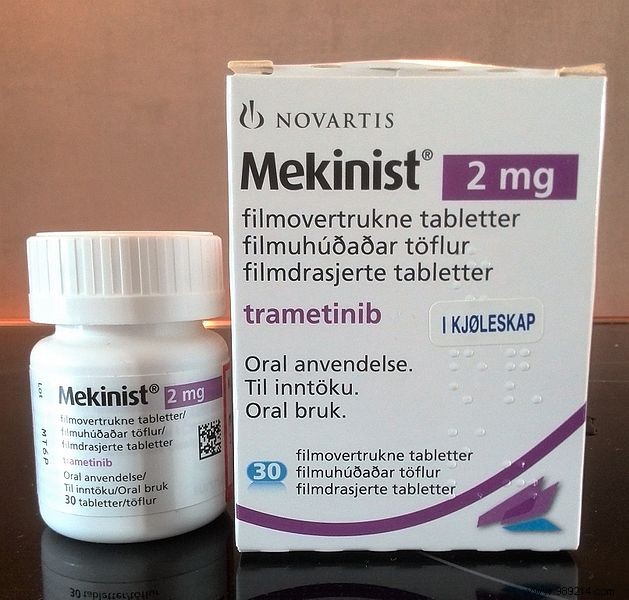Recently, British researchers combined two drugs to overcome diffuse intrinsic portal glioma, a rare brain tumor that affects children. However, it turns out that these drugs were already used against certain other cancers.
Diffuse intrinsic portal glioma (DIPG) or infiltrating pons glioma is a malignant tumor. It is a protrusion of the brainstem. Concerning mainly children , it also affects adults occasionally. Unfortunately, this glioma is very localized, aggressive (rapid growth) and inoperable, therefore incurable. As a result, it is fatal in the vast majority of cases.
What if this lack of solution could soon end? Researchers from the Institute of Cancer Research (ICR) in London (UK) have detailed a potential new treatment in their publication in the journal Cancer Discovery in September 2021. This is a dual therapy, that is to say a combination of two drugs already present on the market.
In fact, doctors have associated a drug against skin cancer with that against blood cancer. Indeed, it is "trametinib" usually treating melanoma and "dasatinib", fighting leukemia. According to them, the treatment resulting from this association is very promising.

Researchers first studied how the DIPG tumor could mutate in an effort to fight single-drug treatments. Then they tried combinations of two drugs with the help of artificial intelligence to try to slow the growth of the DIPG tumor . However, the trametinib/dasatinib combination has given results beyond expectations, as explained in a statement by Chris Jones, professor of pediatric brain tumor biology at the ICR. Indeed, the treatment reduced by more than 60% growth of cancer cells in tests performed on mouse brain tissue.
“DIPG is a rare and aggressive childhood brain cancer and survival rates have not changed in the past fifty years. We therefore desperately need to find new treatments for this disease. Our study demonstrates how AI can bring to drug discovery for cancers like DIPG, by providing new combinations of treatments that might not have been obvious to people,” said Chris Jones.
Researchers are now focusing on the next step, which is laboratory validation of the treatment . However, there is hope of starting clinical trials fairly quickly, since the two drugs constituting the treatment are already approved and available on the market.